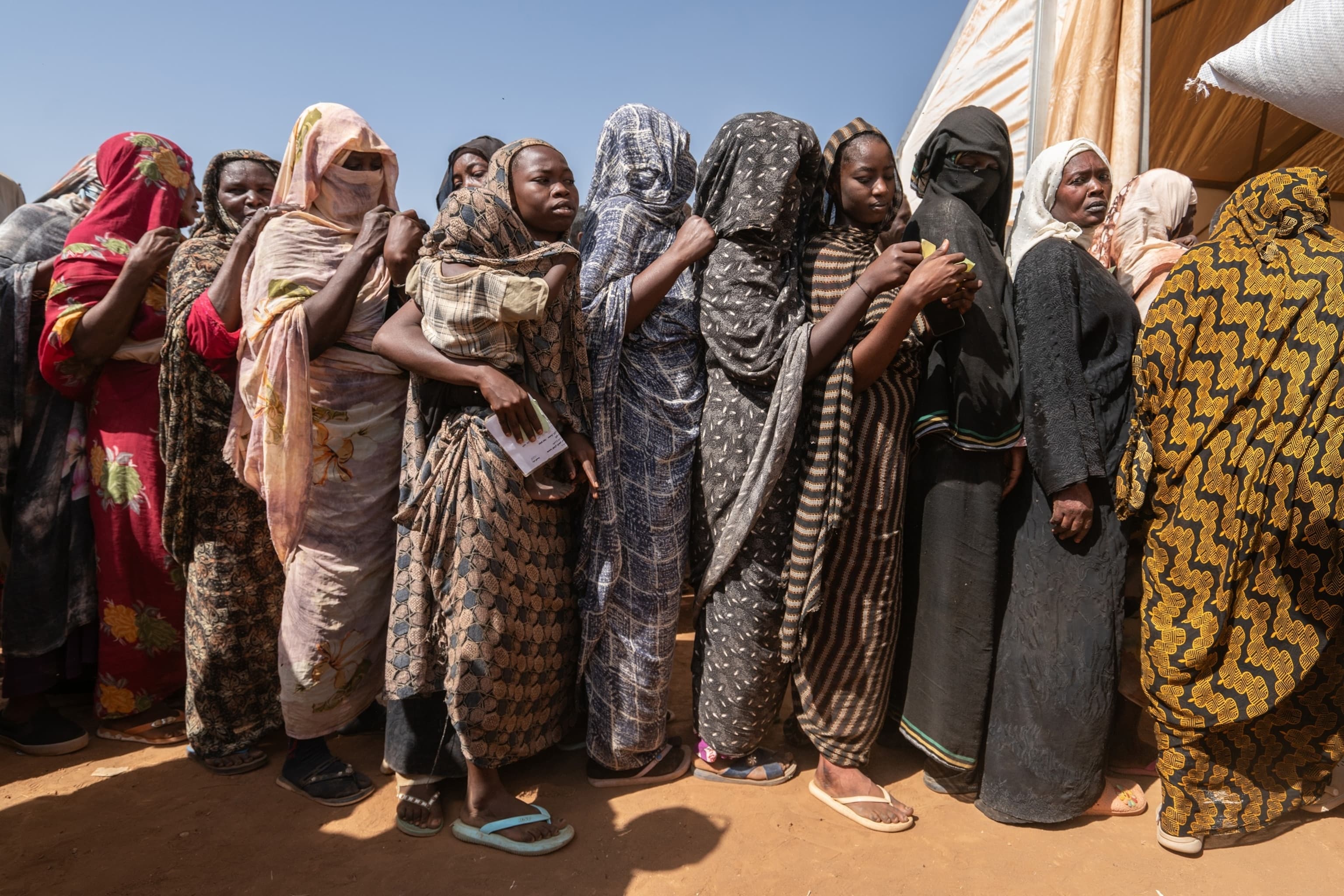Trump Aid Cuts Projected to Cause 14 Million Deaths by 2030, Devastating Sudan Humanitarian Efforts

Concerns are mounting over the humanitarian impact of President Donald Trump's decision to drastically cut foreign assistance, with analyst Matthew Yglesias stating in a recent tweet that the move is "slashing assistance this year to Sudan, increasing the number of children who will starve." This policy shift, part of an "America First" agenda, has led to significant reductions in U.S. aid programs globally, with Sudan emerging as a critical case study due to its ongoing civil conflict and severe humanitarian crisis.
The Trump administration initiated a dramatic overhaul of foreign aid, effectively pausing and significantly reducing the U.S. Agency for International Development (USAID). Secretary of State Marco Rubio indicated that over 80% of USAID programs had been canceled, with the agency's staff reduced by 83%. This reorientation aims to align overseas spending more closely with U.S. interests, moving away from what the administration termed "wasteful spending" and "government-sanctioned inefficiency."
The consequences of these cuts are particularly dire for Sudan, where a two-year civil war has displaced 11 million people and left 30 million in need of assistance, with famine conditions confirmed in multiple locations. USAID previously provided 44% of the world's humanitarian funding for Sudan in 2024. The sudden withdrawal of funds has led to a vacuum that aid organizations warn cannot be filled by other actors.
A report published in The Lancet medical journal projected that the U.S. funding cuts could result in more than 14 million additional deaths globally by 2030, with a third of those at risk being children. Researchers estimated that over 4.5 million children under the age of five could die prematurely. In Sudan, the impact is already visible, with approximately 80% of emergency food kitchens, serving nearly two million people, forced to close due to the aid freeze.
Humanitarian organizations and UN officials have widely condemned the cuts, describing them as the "deepest funding cuts ever to hit the international humanitarian sector." Pietro Curtaz, an emergency logistics coordinator for Médecins Sans Frontières (MSF), noted that children crossing Sudan's borders are now malnourished at a rate of 29%. Former U.S. special envoy to Sudan, Tom Perriello, stated that the cuts to USAID "have come with a body count" in the country.
The abrupt nature of the aid suspension has also created logistical challenges, particularly in regions like South Kordofan, where aid delivery relies on seasonal cycles. The timing of the cuts, during the dry season when aid is typically pre-positioned for the wetter months, has exacerbated food shortages. Despite the State Department's assertion that "foreign assistance continues to arrive in Sudan," aid groups report significant confusion and a paralysis of the system, leaving millions vulnerable.